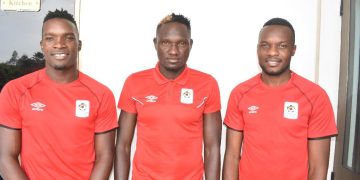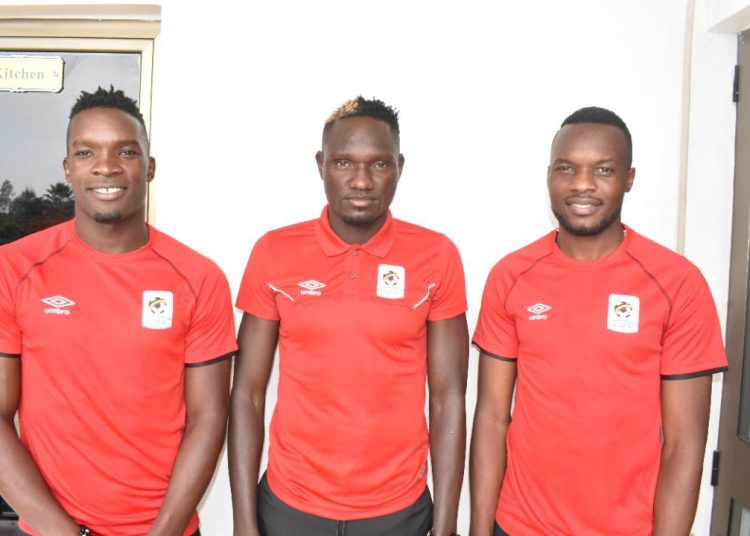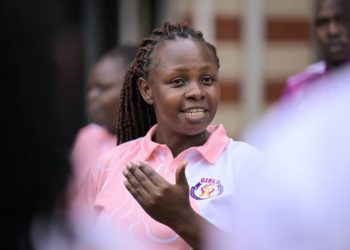It is a fortnight since the Uganda Cranes were in action in the 2026 FIFA World Cup qualification doubleheader against Botswana and Algeria.
The Cranes returned to their eternal home, the Mandela National Stadium, Namboole, for the first time since 2019, edging the former 1-0 before narrowly losing 2-1 to the Desert Foxes.
The storm has now calmed down, and it’s just about time to delve into what head coach Paul Joseph Put’s team lacked generally in the matches.
When Put summoned the squad, there was excitement among Ugandans, as it was dominated by locally-based players. Credit to them for largely outperforming their foreign-based counterparts in the 2023/24 season with their respective clubs.
However, how the Cranes performed in both games was met with mixed reactions; appreciation and criticism at the same time from the faithful.
The Uganda Cranes are a team in transition, and everyone would agree, but a blend of the young generation and the experienced players would help the former learn and gain confidence from the latter.
With team captain Khalid Aucho injured, he was not replaced, with hopes of him playing against Algeria after being ruled out completely from the Botswana bout.
His absence left Isaac Muleme and Isma Watenga as the only experienced players on the team, with the latter not being a mainstay in the setup. He nonetheless captained the team in both games.
Despite the fact that the locally-based players were brilliant throughout the season, defender Joseph Ochaya and midfielder Taddeo Lwanga were equally impressive with Arab Contractors and APR FC in Egypt and Rwanda, respectively, but were overlooked.
When Ronald Ssekiganda entered the fray against Botswana, it was the first time he was playing for the national team, and it turned out to be a debut to remember for him with a relatively good performance for the SC Villa midfielder as the Cranes were victorious thanks to Muhammad Shaban’s lone goal.
It was obviously not the same case against Algeria, who had more experienced and quality players, especially in the midfield, despite Uganda having a better first half where they led at the interval through Travis Mutyaba’s strike.
The likes of Halid Lwaliwa and Kenneth Ssemakula, who were at fault as Algeria turned the game around in the second half, had performed better against Botswana.
Ssemakula’s versatility enabled him to play as a deep-lying midfielder for the largest part of the game against Botswana before he was switched to right-back later on in the game, a position he played against Algeria with Elvis Bwomono ruled out through injury.
The above experiment would have been saved by the availability of Lwanga, who just watched on from the stands despite being pivotal as APR won the Rwanda Premier League.
Lwanga struggled with injuries at the start of the season but returned midway through the campaign, playing game in and game out, as they finished the season unbeaten.
It is not only the above that speaks out for Lwanga but also his experience and leadership, especially when you look at the young Cranes squad with Aucho absent.
On the other hand, the left-back position was not as effective as it should have been, especially in terms of offensive play. Muleme was not up to it, BUL FC’s Nicholas Mwere was not used, while Aziz Kayondo was injured.
However, Ochaya, who is undoubtedly a more versed option than any of the trio, is still waiting for his maiden call-up with the Cranes under Put.
Furthermore, Ochaya is a mainstay in the Arab Contractors’ team, where he has four goals and two assists in the ongoing season.
And just like Lwanga, Ochaya would also offer the experience and leadership to the fresher breed of their younger compatriots.





























